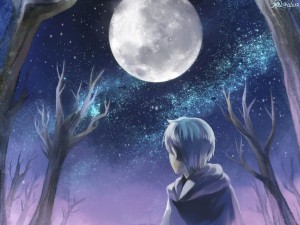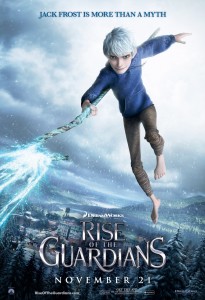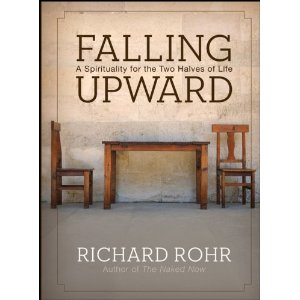The stages of the spiritual journey show striking parallels with the stages of the hero’s journey, as both involve a departure from the familiar into a realm of challenges and revelations.
Almost every major spiritual tradition — including Buddhism and Christianity — focuses on human growth resulting from struggle, suffering, and transformation. Franciscan Priest Richard Rohr shares how the story of Jonah became so important to him and his framework of transformation:
Soon after I moved to New Mexico in the late 1980s, I began my studies for what would become the men’s rites of passage. I read everything I could on why every ancient culture deemed it necessary in to initiate the male. It seemed that no culture assumed that men would grow up naturally, because nothing in the male wants to descend. He wants to ascend; he wants to be number one. It’s the competitive nature of masculinity, which has totally informed our culture, no matter who we are. Something has to break through that level of consciousness.
For me, there is no story—other than the Jesus story itself—which has made that quite as clear as Jonah’s story. Here we have a man who is running from God, running from his own vocation, and God sends a fish to swallow him and take him where he would rather not go. That’s perfect! That’s initiation! We have to be swallowed by something bigger than ourselves. The phrase used by many, including Thomas Merton, was that we have to go into the “belly of the beast”—a place where we are not in control, where we can’t fix it, explain it, understand it, or even like it. Our lack of control, our lack of preference isn’t important. We just have to learn from it.
I’ve always made a great deal of the passage where Jesus says, “This generation is an evil generation; it seeks a sign, but no sign will be given except the sign of Jonah” (Luke 11:29). He is saying that his message is simple and clear: You’ve got to die before you die. In rites of initiation we teach people that they have to go down before they can possibly go up. In modern psychological language, we call it the death of the ego or the separate self. What has to die is our sense of separateness, because what goes with separateness is superiority. Once we define ourselves according to our nationality, culture, religion, or identity, then we feel we have to defend each one of those. What a waste of energy! We sink to scolding and blaming; not just are we “number one,” but everybody else is a second-class citizen.
That’s how dualistic our thoughts become. When the private ego didn’t die, Christianity even made salvation into a victory trip, thinking we knew who “won.” To undergo the sign of Jonah feels like losing, and by worldly standards, it looks like it, too. The sign of Jonah is a symbol of surrender, of letting go, of giving up. Most of us wouldn’t describe those as the stages of the journey of enlightenment, but they’re much closer to the real truth and the real journey.
In short, the spiritual journey is a transformative journey of being humbled by forces beyond our control, and then transforming as a result of that humbling. Triumph over some ordeal leads to a return or rebirth, where the individual, now enlightened, integrates the acquired wisdom into their life, often with a renewed sense of purpose and a desire to share their insights with others, just as the hero returns with a boon for their community.
References
Allison, S. T. (2024). Spiritual journey’s similarity to the hero’s journey. In S. T. Allison, J. K. Beggan, and G. R. Goethals (Eds.), Encyclopedia of Heroism Studies. Springer.
Rohr, R. (2025). A story of transformation. Center for Action and Contemplation, July 11th.



